GCSE Food and Nutrition
Curriculum overview for GCSE Food Preparation and Nutrition (2024-2025: Year 11 only)
Curriculum intent – the knowledge, understanding and skills that students will learn
During the two-year course of GCSE Food Preparation and Nutrition, students have the opportunity to gain a range of knowledge skills and scientific understanding of ingredients, using both theoretical and practical methods. Students develop an understanding of nutrition, food provenance and the working characteristics of food materials through both taught material and two coursework tasks completed in Year 11. Lessons are sequenced to focus on nurturing practical cooking skills to aid in building a strong understanding of nutrition, as well as learning theoretical background. Students focus their studies around five core topics: Food, nutrition and health; Food science; Food safety; Food choice and Food provenance. Upon completion of this course, students are qualified to go on to further study, or to embark on an apprenticeship or full-time career in the catering or food industries.
Curriculum implementation – teaching, learning and assessment strategies
Students are given the opportunity to gain the required skills to cook and apply the principles of food science, nutrition and healthy eating. Lessons are taught in specialist rooms, allowing students to be part of active demonstration, alongside their own preparation and making activities. Students are encouraged to build upon their gained knowledge and understanding in the classroom by cooking at home and reading around the subject area to further develop their understanding of the five core topics. Year 10 studies underpin students’ knowledge of these topics, aiding them to be able to make the connections between theory and practice. In Year 11, students go on to apply this understanding of food and nutrition to practical preparation through the completion of the first coursework task - a scientific experiment - showing understanding of the physical and chemical properties of food; and the second coursework task - a practical cooking examination and a research task into a specific topic set by the exam board.
Curriculum impact – intended outcomes for students
By the end of the GCSE Food Preparation and Nutrition course, students are able to confidently show how ingredients within a recipe work, on both a functional and/or chemical basis. Students are able to apply and demonstrate at an advanced theoretical level their understanding of the five core topics and have a plethora of new recipes which they are able to cook independently. They are able to confidently demonstrate the 12 key practical skills set down by the AQA exam board with confidence, including: General practical skills (i.e. weighing and measuring); Knife skills; Preparing fruit and vegetables; Use of the cooker; Use of equipment; Cooking methods; Preparing, combining and shaping ingredients; Sauce making; Tenderising and marinating; Dough; Raising agents and Setting mixtures.
Course overview for AQA GCSE Food Preparation and Nutrition (2024-2025: Year 11 only)
Exam board: AQA (https://www.aqa.org.uk/subjects/food/gcse/food-preparation-and-nutrition-8585/specification-at-a-glance)
Coursework: Yes – 50% NEA tasks
Coursework (NEA) 1: Food investigation assessing students' understanding of the working characteristics, functional and chemical properties of ingredients. 2000 word written report and scientific practical investigation
Coursework (NEA) 2: Food preparation assessment assessing students' knowledge, skills and understanding in relation to the planning, preparation, cooking, presentation of food and application of nutrition related to the chosen task. Students prepare, cook and present a final menu of three dishes within a single period of no more than three hours, planning in advance how this will be achieved.
End of course examination – Paper 1:
Food Preparation and Nutrition (50% of the qualification)
Written examination: 1 hour 45 minutes
